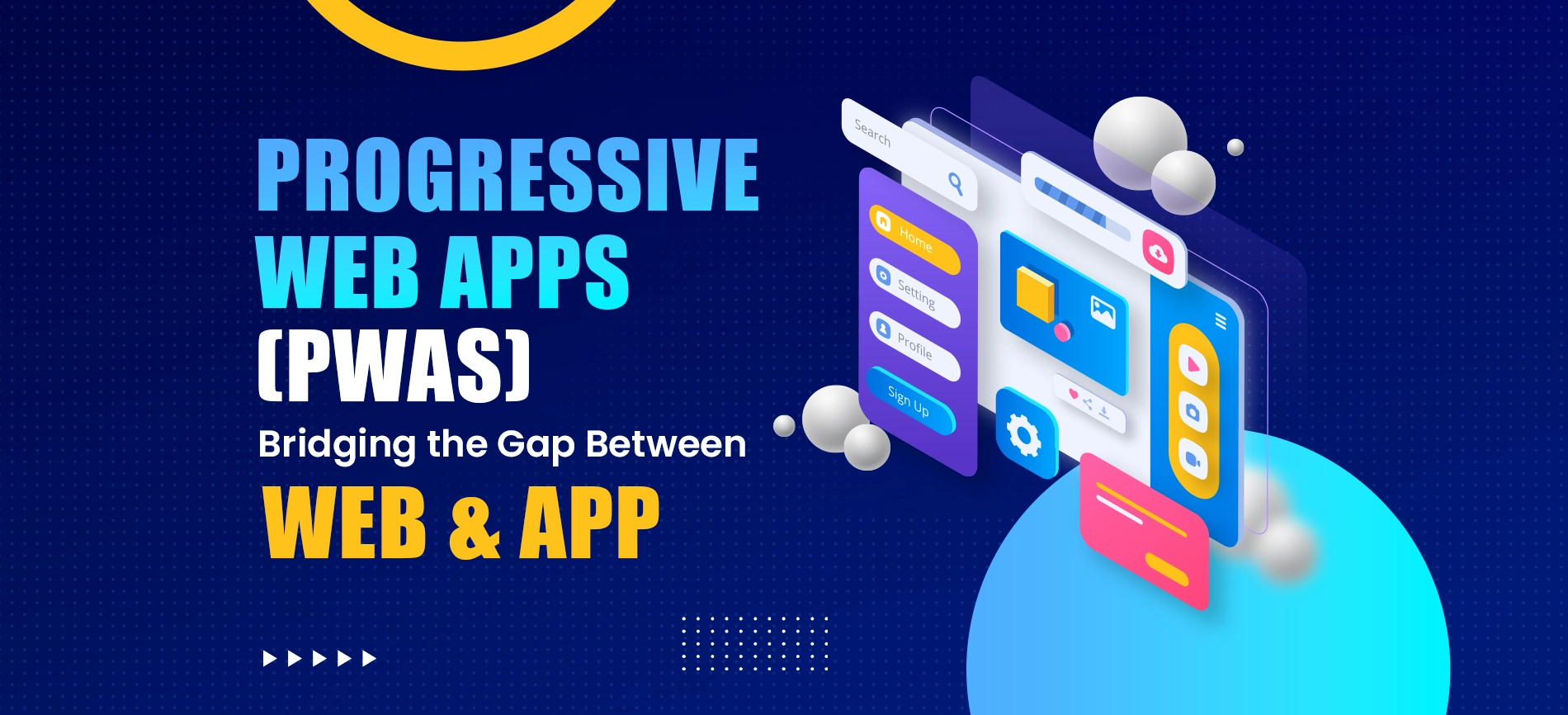In these uncertain times, when businesses are rapidly closing, MNCs are laying off, and the economy is in shambles, one such digital platform is experiencing faster growth than ever before.
So, whether you are a startup or a leading enterprise looking to establish an ultra-effective digital presence, your primary concern should be to understand what technology is required to build a robust application with all of these cutting-edge features... ANGULAR is one of these technologies...
Angular continues to assert its dominance as the most established name in the world of front-end JavaScript Frameworks, whether you believe it or not. You don't have to take our word for it; here's a look at Angular's popularity.
After jQuery, Angular will continue to be one of the most popular frameworks among Angular developers in 2021. However, it was surpassed by Express in terms of popularity among all respondents. It was nothing short of a revolution in the angular web development services. Soon after its release, it quickly gained traction as the best front-end framework. It went through many new releases and stable versions over the years.
Let's get down to business as we consider the reasons why Angular web development services are a wise investment.
History and Overview of Angular Web Development
Angular is an open-source JavaScript framework for developing web applications' front ends. In 2009, two Google engineers, Misko Hevery and Adam Abrons created the first version of Angular. It was known as AngularJS, and it was primarily intended for internal company use. In 2010, Google officially released AngularJS as an open-source framework.
AngularJS
The main benefit of AngularJS was that it allowed developers to convert static HTML documents into dynamic content. AngularJS quickly rose to prominence as a top choice for web apps, particularly single-page applications, thanks to its robust tools and MVC architecture. Many well-known companies, including PayPal, Upwork, and The Guardian, have chosen the AngularJS framework to build their websites.
What exactly is angular development?
Google created and maintains the open-source platform and framework Angular. What is the purpose of angular? It is a JavaScript framework for creating HTML websites, web applications, single-page applications, and progressive web applications. Angular-built apps and websites are fast, feature-rich, and lightweight, providing exceptional user experiences and giving businesses a competitive advantage in their digital transformation.
Angular features make it simple for businesses to scale from small projects to large, powerful enterprise-level applications. It enables you to use HTML as the foundation for dynamic web apps and extend HTML syntax to express your components clearly. It is a completely client-side solution that provides unrivaled code reusability, cross-platform application development, data binding, basic templating, deep linking, and all of the other features that go into creating enterprise-level powerhouse web apps.
Find out more on how to hire Angular developers
Top Angular Features That Will Drive Business in 2022
Angular web app development continues to be one of the most popular front-end development frameworks for web app development. Angular is chock-full of features that delight developers while also assisting businesses in developing better web apps at a lower cost. Some of the top angular features that will continue to bring business value in 2022 are:
1. Architecture based on components
Building a web application with only HTML, CSS, and JavaScript is a good place to start. The difficulty arises when the application's size increases and maintaining it becomes more difficult, as does integrate upgrades and changes.
By utilizing the component-based architecture in angular web app development, Angular provides an effective solution to this problem. We begin by creating component classes, each of which contains an HTML template and the logic to operate that template. Developers begin by creating a single complete unit that wraps HTML, CSS, and JavaScript together just enough to run that specific unit. A web application is made up of several such components. To round out the picture, angular provides custom and built-in services that can be injected into a component to enable service functionality. The angular web development framework, as a result, divides the entire user interface into independent components. It can group together components with similar functionalities and reuse them in any part of the UI that requires that type of functionality.
Because of this component reusability, Angular is an extremely efficient and time-saving framework. To add to this functionality, angular's loosely packed component structure makes it simple to replace or relocate components as needed. This makes it simple to make changes to your application and customize it to your preferences.
2. Structure that is modular
Different components, as previously discussed, can be combined to create different modules that meet a specific need or perform a specific function in angular web app development. The ability to segregate modules in this manner enables developers to divide application functionality into reusable chunks of code that can perform different functions depending on where they are placed in the architecture.
This type of modular structure keeps angular website development a dynamic process that can be easily divided into different arts and performed by various developers.
The modular structure of Angular makes it simple to collaborate and coordinate with remote and off-shore teams.
3. Slow Loading
Page loading speed is one of the most important factors in the performance of your web application and website, and it has been stated far too many times to ignore. Everything from user engagement to search engine rankings can suffer if your pages load slowly. The loading speed can easily slow down in the age of HD graphics and rich immersive experiences if the framework is slow.
Angular's lazy loading ensures that your websites do not become sluggish and load instantly, providing users with a fantastic experience. Lazy loading modules do an excellent job of creating seamless UX experiences by loading the features that users request first, allowing them to be ready instantly.
4. CLI with an angular axis
Another significant advantage for developers is Angular's command-line interface (CLI), which packs a punch with its quick and simple commands that easily automate processes like app configuration and initialization. With a few simple commands, it can easily add or remove functionalities or create new projects. It speeds up the execution of end-to-end and unit tests.
This not only eliminates a large amount of unnecessary code, but it also greatly simplifies the entire web app development process. For businesses, this means that smaller developer teams can complete the task, resulting in significant cost savings.
5. Injection of dependency
This design pattern aids in the division of work among various services, effectively distributing tasks and increasing efficiency. Dependency injections in Angular are classified into three types.
- Injection of constructors
- Injection of the setter
- Injection at the interface
These angular dependency injections, when combined, provide some remarkable benefits to web app development. They aid in the execution of unit testing. Angular excels at reducing boilerplate code by using the injector component to initialize dependencies. It also makes the application's extension more manageable. Dependency injection in angular also allows for loose coupling, which is critical in application programming.
6. Typescript
Another factor that works well for Angular is that it is written in Typescript. Typescript is a superscript for JavaScript, giving you an advantage in detecting and correcting errors in your code as you write it. This ensures a more fluid coding experience, fewer bugs, easier testing, and avoids major reviews later on. In contrast to standalone languages such as DART, Typescript is backward compatible. As a result, it allows you to extend the functionality of the code by using ES5 or ECMA scripts.
7. Declarative User Interface
Consider using HTML to define the user interface of your web application rather than JavaScript. It is much simpler and less complicated, and Angular allows you to do so. HTML incorporates intuitive and declarative properties into the UI, eliminating the need to manually create program flows. The declarative UI of Angular will automatically load components as long as you only define the page layout and where the data goes. As a result, a significant amount of front-end development effort and time is saved.
8. Google provides detailed documentation and support.
At the ng conference in 2017, Google officially declared long-term support for Angular. For most developers, Google's support for Angular for website development is proof enough of the framework's stability. Furthermore, Google provides the Angular community with detailed documentation on how to use various Angular tools to build functionalities and resolve issues. Whenever you encounter a problem, there will always be a solution available, either in the documentation or in the online community forums.
9. Massive ecosystem
Because Angular has been around for so long, there is a large ecosystem of third-party Angular integrations. You can look at Angular resources for a variety of tools, plugins, packages, and add-ons that can help you easily develop advanced features. These include integrated development environments (IDEs), analytics tools, data libraries, and cross-platform development tools.
Should you consider using Angular for your next web development project?
Angular is an excellent choice for developing enterprise-scale applications due to its component-based architecture. Furthermore, the CLI components, TypeScript 4.2 support, and View Engine collection make it an ideal framework for dynamic single-page applications. However, if you intend to create lightweight or static apps, avoid using Angular because it will only add to your unnecessary technical debt.
Two-Way Data Binding for Automatic Synchronization
Unlike other frameworks that only support one-way data binding, Angular supports two-way data binding, which automatically updates the view when data in the model changes and vice versa. When you hire a web developer, you won't have to worry about keeping track of all the variables because Angular will do it for you. When data is changed or modified, the model and view are automatically and in real-time updated.
Enterprise-Level Web Apps Bug Fixing and Testing
Nobody wants to be stuck on a bug-infested web app or website in this technology-driven era, where thousands of alternatives are available one after the other. When it comes to developing robust solutions, whether you are a startup or a leading enterprise, app performance is one of the topmost priorities. Angular includes enterprise-level testing features, making it an excellent choice for large, high-performance projects. Developers can resolve compiler issues, fix bugs, and more with the latest version of the Angular framework. To fix the bugs, they only need to use the TESTBED command.
MVC (Model-View-Controller) Pattern Simplified
Because the Angular framework is integrated with the original MVC software architectural setup, working on web apps becomes easier. Angular separates the model from the view and handles all types of data binding, rather than asking developers to divide the app into different MVC components and write code that could further unite it Angular remains a top choice of framework for software development companies, regardless of how complex their app development needs are because it eliminates the need for unnecessary code. It uses a simplified MVC architecture, which makes coding getter and setter a breeze.
When Should You Use the Angular Framework, and Who Uses It?
With a diverse set of features and compatibility, this framework is unquestionably suitable for a wide range of development projects. However, before you hire AngularJS developers, you may be wondering when you should use Angular and what types of development projects this framework can handle. Before you make a decision or get into a situation, you should take a look around. Here's the answer to your question...
Development of Enterprise Web Apps
With the increasing digitization of business, global enterprises expect to have a robust enterprise web app that gives them a competitive advantage. However, its development time, cost, and app performance are the main concerns. Angular, on the other hand, will be an excellent choice for web app development. Angular app development is highly optimized, customer-centric, and business-centric, which aids in business growth.
Wrapping Up
Hopefully, this blog guide has explained in detail why the Angular framework has grown so popular in the world of coding. Without a doubt, Angular can be a great choice of the framework in the future, but by hiring a web app development company, you can leverage the features and compatibility of this framework and build an unrivaled quality responsive web page. Using Angular for creating enterprise-level apps, whether you are a startup or a leading entrepreneur, can be a worthwhile decision, especially for front-end development due to its excellent stability.
About Author
Subscribe to Our Newsletter!
Join us to stay updated with our latest blog updates, marketing tips, service tips, trends, news and announcements!




















